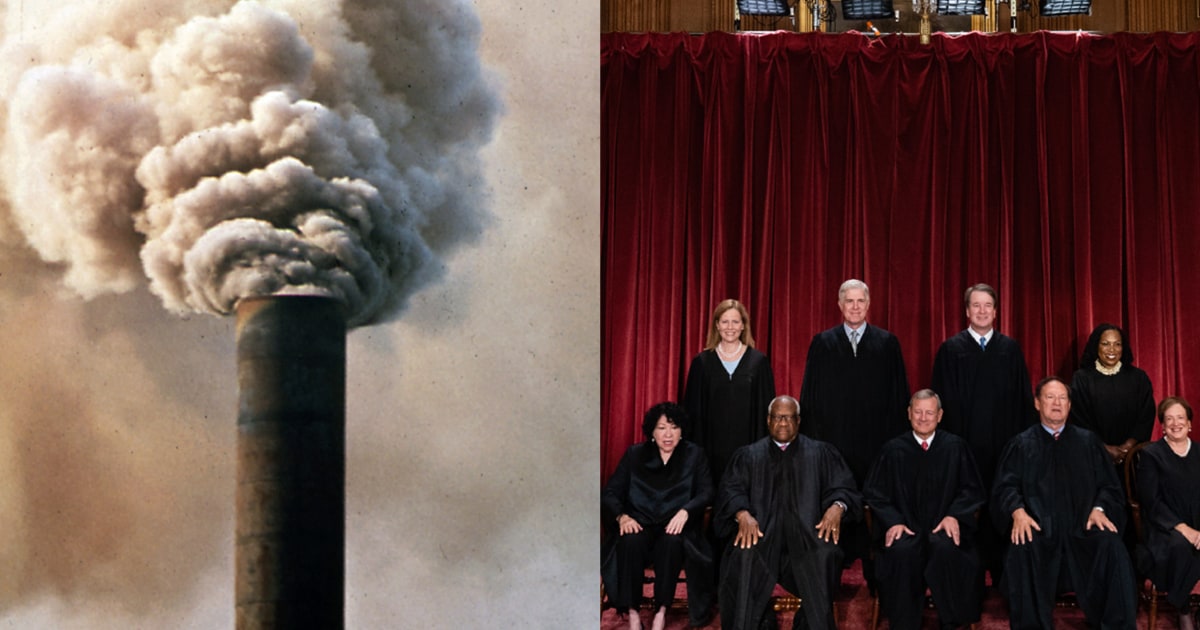Darkwind
Diamond Member
- Jun 18, 2009
- 36,283
- 21,394
- 1,915
In fact, giving the Execustive branch the ability to determine what is law is pretty much putting a crown on the President and allowing him/her to be judge and jury.Judges don’t make the decisions on their own, the parties present their cases to the court. They can bring in experts etc and it might not just be a judge, but a jury.
Giving the executive branch the ability to determine what is law, is giving them a power beyond what the constitution permits.
The Kings word is law, don'tcha know.
